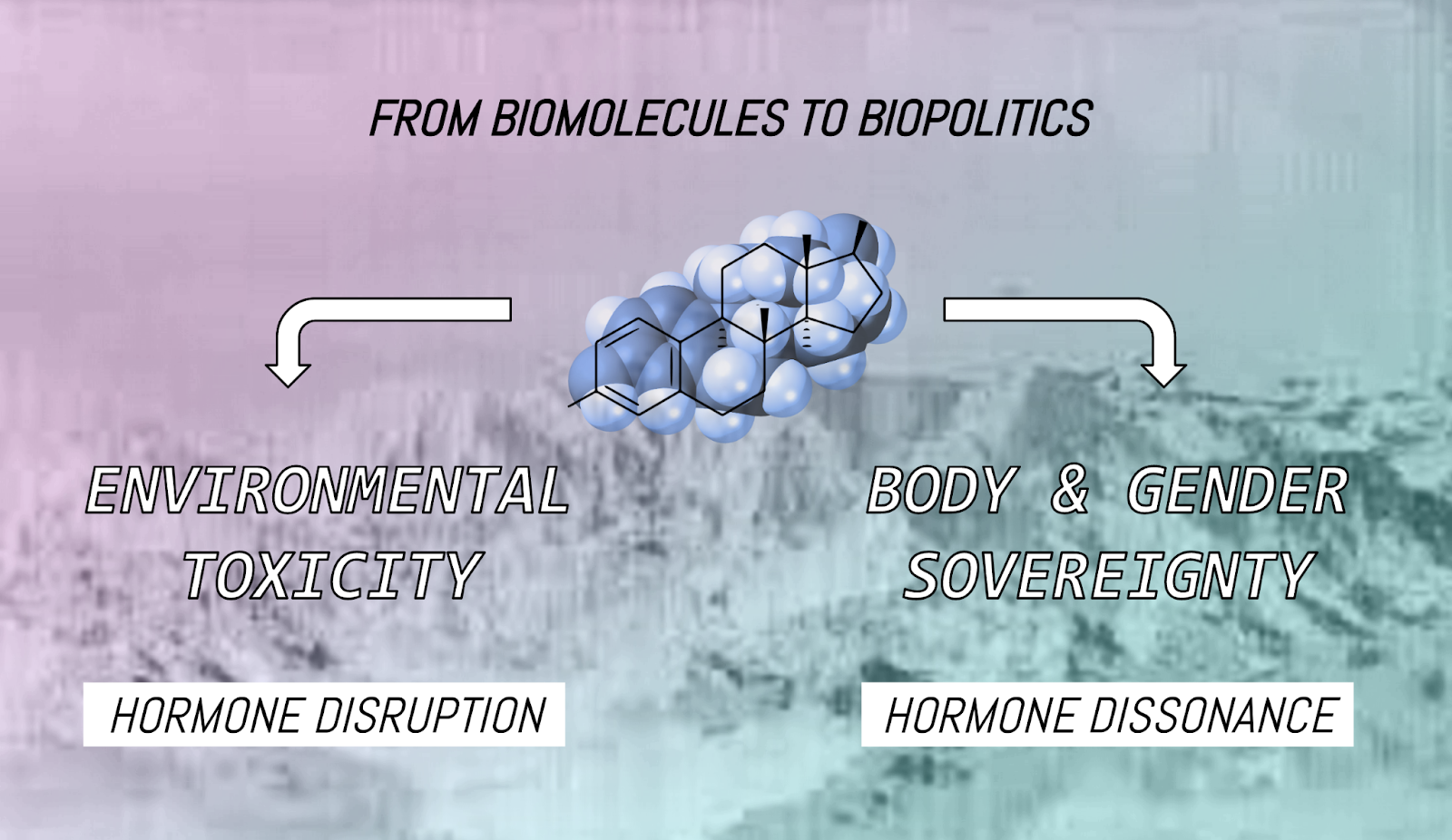Syllabus⇝
In these two sessions, we will tackle an introduction to a transfeminist perspective applied to design and experimental practices. How does it affect operating from a transfeminist perspective in design? Is it possible to design differently? What is? What are the ethical issues raised by these approaches? Is it possible to relate differently to technologies and through technologies? What happens to presences? And who is accountable for absences? Who do we relegate to a condition of subalternity? How do we deal with epistemic violence?
Keywords: Critical Design, Transfeminism, Ethics of Care, Biohacking, Accountability
Learning Objectives⇝
- To understand the importance of the place of enunciation in Design.
- To learn about different transfeminist proposals applied to design and experimental research.
- Understanding the importance of accountability
- To know the basic principles of the so-called Ethics of Care
Methodological Strategies⇝
- Lectures
- Debates
- Practical lab exercises
Schedule⇝
- Introdution to subalternity
- Epistemic Violence
- Metaphysics of lack
- Introduction to transfeminism
- Transhackfeminism and Ethics
- Accountability
- Wetlab practice
- WetLab practice
- Queer Atlas
Deliverables⇝
No special deliverables are expected.
Grading Method⇝
| Percentage | Description |
|---|---|
| 50% | Participation |
| 50% | Self-assessment |
European Credit Transfer and Accumulation System (ECTS)
2 ECTS
Additional Resources⇝
- Barad, K (2013). What is the measure of nothingness? Infinity, Virtuality, Justice. Nº099. Documenta - 13.
- Collective, C., Chatzidakis, A., Hakim, J., Litter, J., & Rottenberg, C. (2020). The Care manifesto: The Politics of Interdependence. Verso Books.
- Design Justice Network
- Maggic, Mary. Estrozine 1 Becoming with Funghi
- Papadopoulos, D., De La Bellacasa, M. P., & Myers, N. (2021). Reactivating elements: Chemistry, Ecology, Practice. Duke University Press.
- Preciado, P. B. (2018). Countersexual manifesto. Columbia University Press.
- Puig de la Bellacasa, M (2017) Matters of Care: Speculative Ethics in More Than Human Worlds. Minneapolis and London: University of Minnesota Press.
- Spivak, G. (1988) Can the Subaltern Speak? Die Philosophin 14 (27):42-58.
Faculty⇝
Laura Benitez has a Ph.D. in Philosophy and is a researcher, and university lecturer. Her research connects philosophy, art(s), and technoscience. She is an associate professor at the Department of Philosophy at the Autonomous University of Barcelona. She also teaches at Elisava. She has served as the coordinator of the Theory area in the Arts and Design Degree at Massana, where she has taught Critical and Cultural Studies. She has been a visiting researcher at the Ars Electronica Center and the Center for Studies and Documentation of MACBA. She has also collaborated with international institutions such as Interface Cultures Kunstuniversität Linz, Sónar Festival (Barcelona/Hong Kong), Royal Academy of Arts London, and the University of Puerto Rico. Between 2019 and 2021, she directed Biofriction, a European project (Creative Europe) on bioart and biohacking practices, led by Hangar in collaboration with the Bioart Society, Kersnikova, and Cultivamos Cultura. She is co-director of the Master on Design For Emergent Futures (MDEF).

